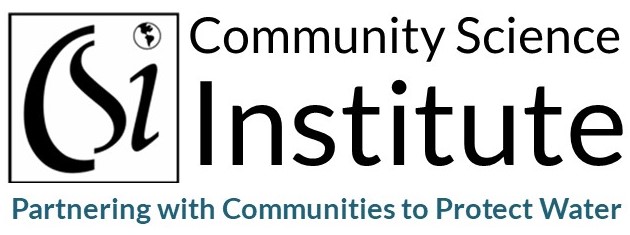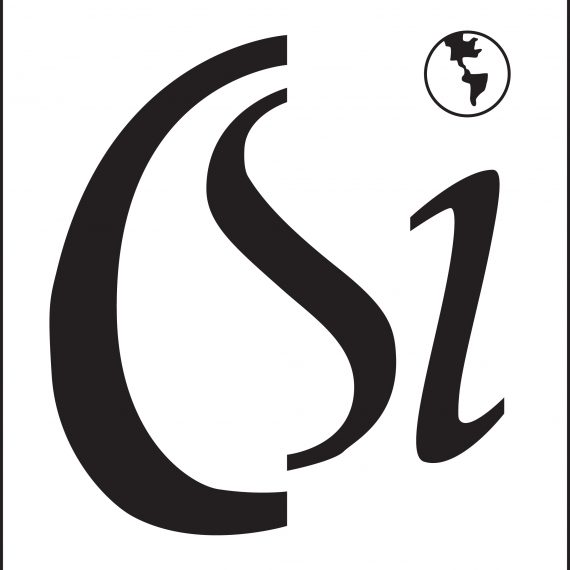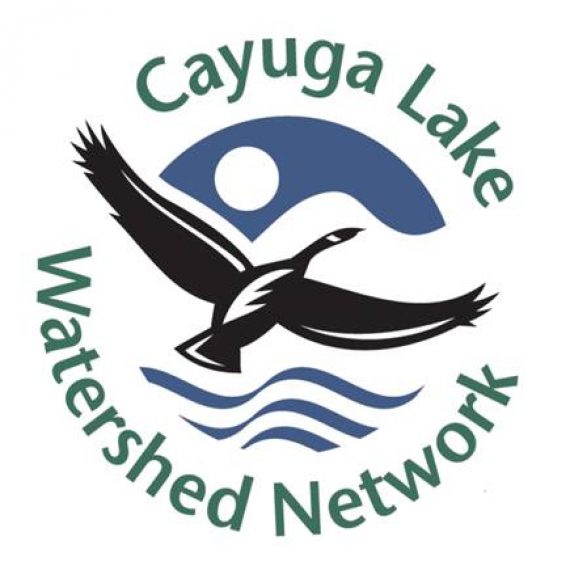FAQ – Baseline Testing
A PDF of this page can be downloaded by clicking here.
# 1. What is baseline water testing?
A baseline water test documents water quality under current conditions. The shale gas industry and hydraulic fracturing technology present two general types of risk to water: Catastrophic contamination events caused by industrial accidents, and gradual contamination as gas wells proliferate and small impacts accumulate. Contamination can affect groundwater, surface water or both. A pre-drilling baseline test is a form of insurance in case contamination occurs. Without a baseline water test, there is no way of proving pre-drilling water quality.
The baseline test screens for “signature chemicals” that are typically associated with gas well activity, including waste fluids. If later water tests show significantly increased levels of these “signature chemicals” after drilling occurs, the changes would provide evidence that contamination had resulted from drilling activities.
# 2. What are the chances my drinking water will be contaminated?
Not enough scientific studies have been done to know for sure, but a reasonable estimate is probably in the 1% to 5% range. Possible sources of groundwater contamination are failure of the cement casing surrounding the well bore, migration through unforeseen rock fractures, and accidental spills of chemicals or waste fluids during transport, drilling, or storage.
# 3. What should I test my water for and what does it cost?
CSI recommends testing drinking water for a comprehensive baseline set of “signature chemicals” based on current shale gas extraction technology. The tests cover chemicals and conditions that have the greatest probability of being impacted by gas drilling operations or waste: pH, alkalinity, acidity, turbidity, total suspended solids, total dissolved solids, chloride, bromide, conductivity, MBAS (detergents), chemical oxygen demand, total hardness, calcium, barium, strontium, arsenic, iron, manganese, methane, ethane, volatile organic compounds(VOCs) including BTEX, and gross alpha & beta radioactivity. These tests cover all the major classes of impacts from shale gas operations; more tests would add expense but not effectiveness. Significant increases in some, but not necessarily all, “signature chemicals” would indicate contamination and the need for extensive testing for harmful chemicals in order to assess health risks, paid for by the gas company or NY State. CSI’s baseline tests cost $724 plus travel fees. This includes a $45 fee for chain of custody sample collection. Our policy is to split travel costs among same-day clients in the same area.
# 4. What should I test my pond, creek or stream for and what does it cost?
CSI recommends a similar, but not identical set of tests for surface water. Methane, ethane and VOCs are omitted because the likelihood of detecting these volatile gases in surface water is low. We also recommend omitting arsenic, iron, manganese, calcium, MBAS and total suspended solids. The other tests are the same as for drinking water sources. Further tests can be added but do not necessarily increase the likelihood of detecting contamination in surface waters. The cost for surface water testing is $319 plus travel fees. This includes a $45 fee for chain of custody sample collection.
# 5. When should I test my water?
Water can be tested any time up to five years prior to drilling. Notwithstanding slight seasonal fluctuations, groundwater quality is essentially constant, absent major events such as droughts or earthquakes. The federal and state governments routinely monitor water quality every five to six years.
# 6. Where should I have my water tested?
Only test results from labs certified by NY State Department of Health are admissible in regulatory and legal actions involving gas wells in New York. Collecting samples and maintaining a valid chain of custody are relatively simple procedures, however, they must be performed by a third party, either staff from the lab or another water quality professional, for legal purposes.
# 7. Who owns the baseline test results?
Whoever pays for the tests, owns the results. For example, if a gas company pays, the results belong to the gas company. The owner of the test results must give written permission before the lab can release the results to anyone else.
# 8. How can I help protect our region’s water?
Groundwater is the source of drinking water for most rural households in our region, and it is also the main source of water in streams, ponds and lakes. Contamination of groundwater is a potentially catastrophic event, because it is all but impossible to remediate, and because it can also result in contamination of surface water. Despite the crucial role of groundwater in the lives of rural communities, relatively little is known about groundwater quality.
CSI recently launched the Regional Baseline Initiative to profile groundwater quality and place the information in the public domain. Baseline test results on private wells are a source of information on groundwater. CSI has begun – with permission from our private clients – to pool baseline test data for anonymous presentation on our website. The more data in the regional pool, the more valuable it becomes as a source of objective information about groundwater that can be used by homeowners, communities and local governments to help evaluate impacts on this vital resource.
CSI is also partnering with volunteer groups to monitor baseline stream water quality throughout the Southern Tier including Steuben, Chemung, Tompkins, Schuyler, Tioga, Broome, and Chenango Counties. If you are interested in volunteering, contact Becky Sims, CSI’s Outreach Coordinator, at becky@communityscience.org.
# 9. How can I set up a baseline test?
If you would like to have a baseline test done on your well, pond, or stream, contact Becky Sims, CSI’s Outreach Coordinator at becky@communityscience.org or at 607-257-6606 to schedule a baseline test. You can also ask to get put on our waiting list and be contacted when we are coming to sample in your area.
Back to Baseline Testing



